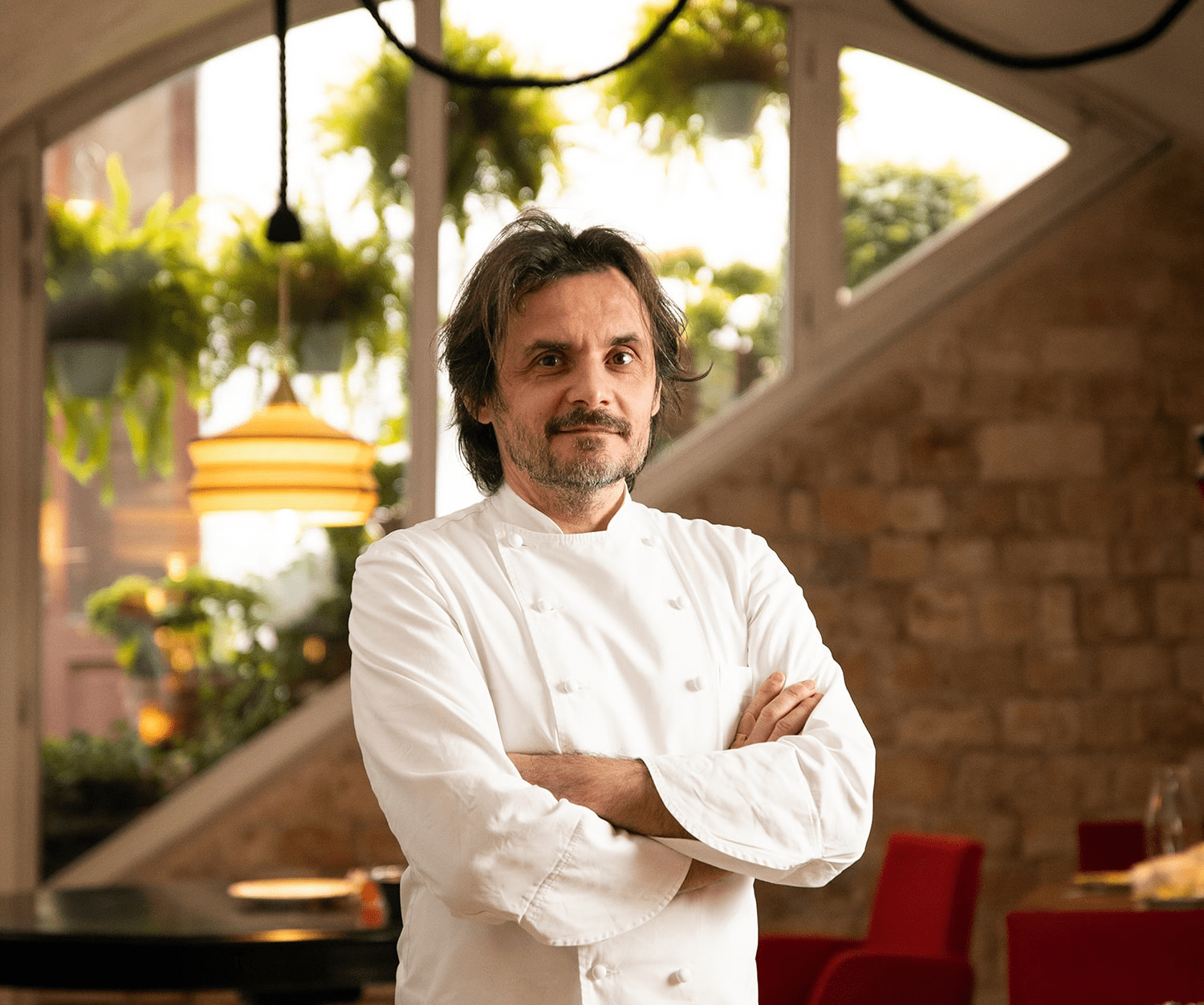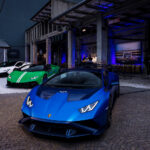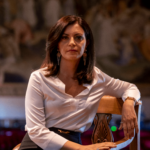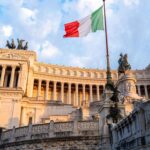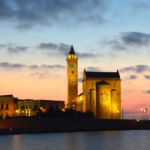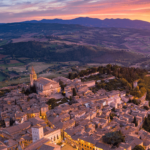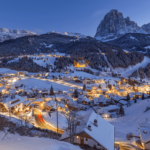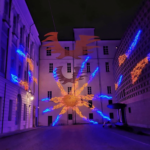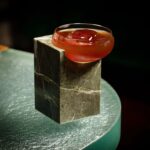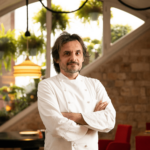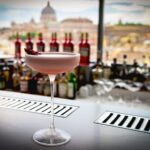Antonio Zaccardi’s journey began when he left the comforts of home in Abruzzo for Turin at the age of 17. Despite not pursuing formal culinary studies, the vivid memories, tastes, and senses of his mother’s kitchen guided him, paving the way for an exciting and challenging path forward in pursuit of culinary enlightenment.
“Every artisan needs a master. For me those masters were Enrico Crippa, Paolo Lopriore, and Carlo Cracco. Here is where I learned the arts of discipline, rigour and elegance.” “Cracco was a revelation to me – a genius who embodied creativity and elegance. The kitchen was a marvel, igniting in me a newfound passion for cooking, precision, and technique. His mentorship imparted taste, refinement, and a deep understanding of the culinary craft.” This experience proved to be invaluable and led to another life-changing opportunity as Sous Chef to Enrico Crippa at 3 Michelin Star Piazza Duomo in Alba, 15th best restaurant in the world for the World’s 50 Best Restaurants. “We didn’t even have to speak to understand each other. I remember every step of preparing each dish in the mornings. We never needed to sit down and discuss a dish. I tried to absorb everything I could learn from him, including his precise movements (i gesti), of which he had many.”
Zaccardi believes that a chef ’s unique identity is reflected in their “gesti,” the precise movements honed over time, shaped by technique, experience, culture, and the interplay between raw ingredients and the human touch, ultimately culminating in a chef ’s unmistakable signature. After almost two decades of harnessing his skills in the kitchen and developing his own unique culinary signature, in 2018, Zaccardi and his wife, Angelica Giannuzzi (Gambero Rosso 2024 Pastry Chef of the Year), decided to leave Alba and embrace a new adventure in Puglia, Angelica’s birthplace.
Here, they would begin a new journey at Antonello Magista’s Michelin Star Pashà Ristorante located in a 17th century seminary in the medieval town of conversano.
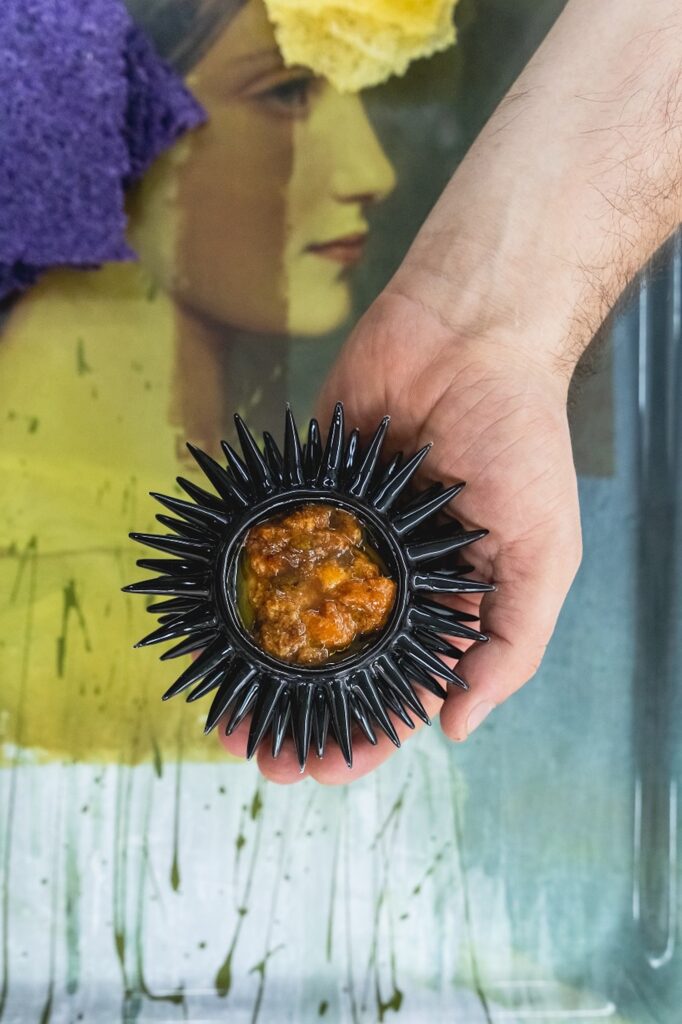
Today, Zaccardi’s culinary style effortlessly straddles the line between tradition and innovation and doing more with less through his belief in simplicity being the ultimate sophistication.
Alongside numerous accolades, including the prestigious Michelin Star held since 2013, Antonio and his team at Pashà recently clinched the esteemed “Gambero Rosso Three Forks Award,” as revealed during the unveiling of the 2024 Restaurants of Italy guide. This accolade, symbolized by a fork and graded on a three-point scale, represents the pinnacle of culinary expertise, authenticity, exceptional service, and a meticulously curated wine list. It marks the first time for Antonello Magistà’s Pashà, and stands as Puglia’s sole recipient of this honor.
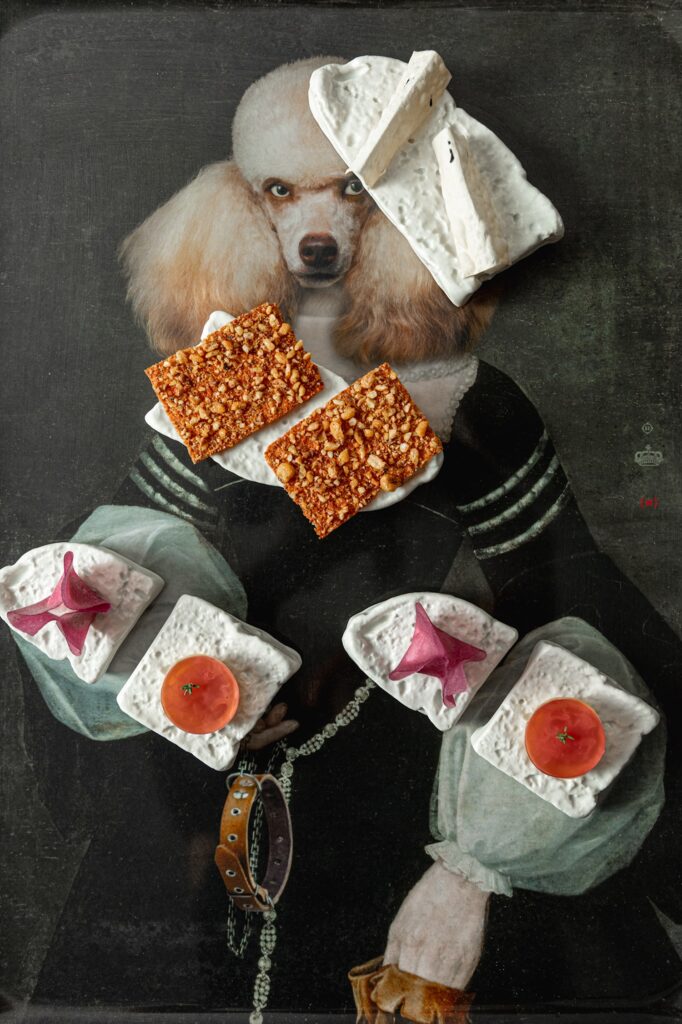
Q&A
GROWING UP, DID YOU DREAM OF BECOMING A CHEF?
A.Z: Absolutely not, or maybe, I have always been attracted to manual work, especially because I didn’t like studying, and I particularly enjoyed being a mechanic, everything related to engines. I liked the smell of gasoline, the noise, everything about it. But thinking about it, I was also attracted to cooking because when my mom cooked, I would always hover around her asking her questions, so maybe the passion for cooking has always been inside me.
Sign up for the LF Italy newsletter
Access The Rare and Wonderful, LF Italy’s monthly newsletter. Get our latest interviews and discoveries in wellness, travel, innovation, food & drink, unique stays and more.
HOW WOULD YOU DESCRIBE YOUR CUISINE AND INNOVATIVE APPROACH?
A.Z: My cuisine is primarily based on raw ingredients, a cuisine of gestures, an author’s cuisine that may or may not appeal to everyone. As for the question. My innovative approach is definitely simplicity and the use of local products, presenting them in the most elegant way possible. I love simplicity with a touch of peculiarity. SIMPLICITY IS THE FUTURE.
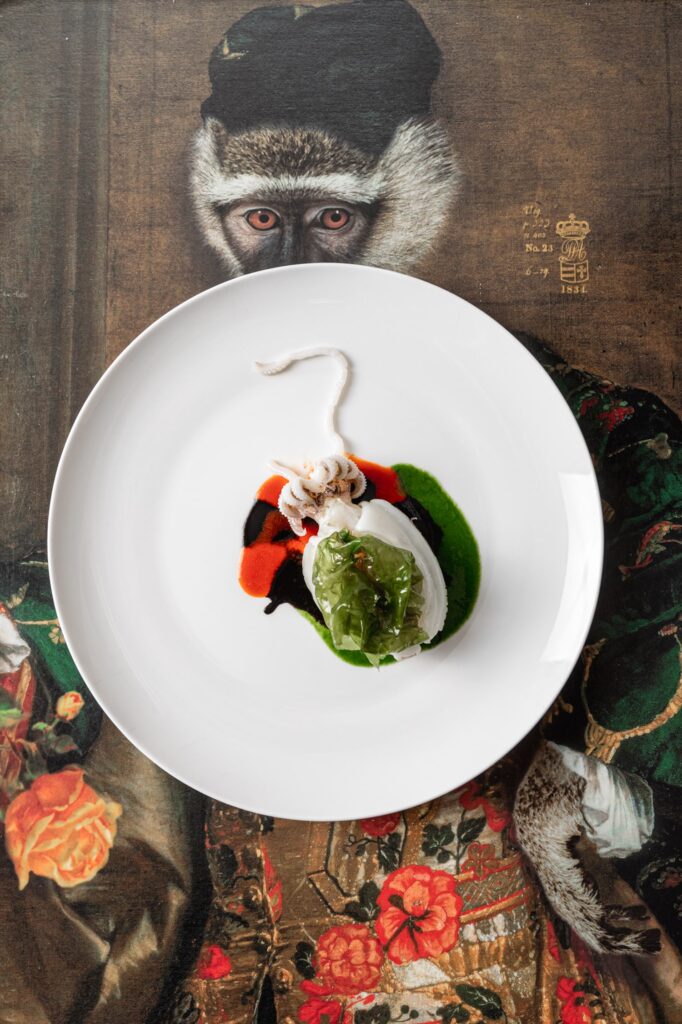
The distinction between a good culinary experience and a truly transcendental one lies in its power to momentarily silence our rational minds, captivating us with rapt attention. Zaccardi’s culinary philosophy navigates the confluence of innovation, tradition, and sustainability, reflecting his roles as both artisan and inventor, and as a chef dedicated to eliciting emotions and summoning memories from the depths of his diners’ hearts, minds, and palates.
“One of the strangest things that has ever happened to me is seeing a guest get moved to tears because the dish brought him back to a dish his mother used to make. People don’t come to pasha’ because they are hungry. They come for an experience.”
SLOW Luxury
Zaccardi’s culinary creations tell the story of true luxury—doing more with less using regional ingredients capable of reaching extraordinary heights. While showcasing rare flair and an experimental nature, his dishes remain deeply rooted in tradition. While the delicate balance between simplicity and creativity is at the core of his artisanship, Zaccardi also stresses the essential connection between chefs and their culinary heritage, acknowledging the contributions of local farmers, butchers, and fishers in defining the true meaning of slow food luxury in every dish.
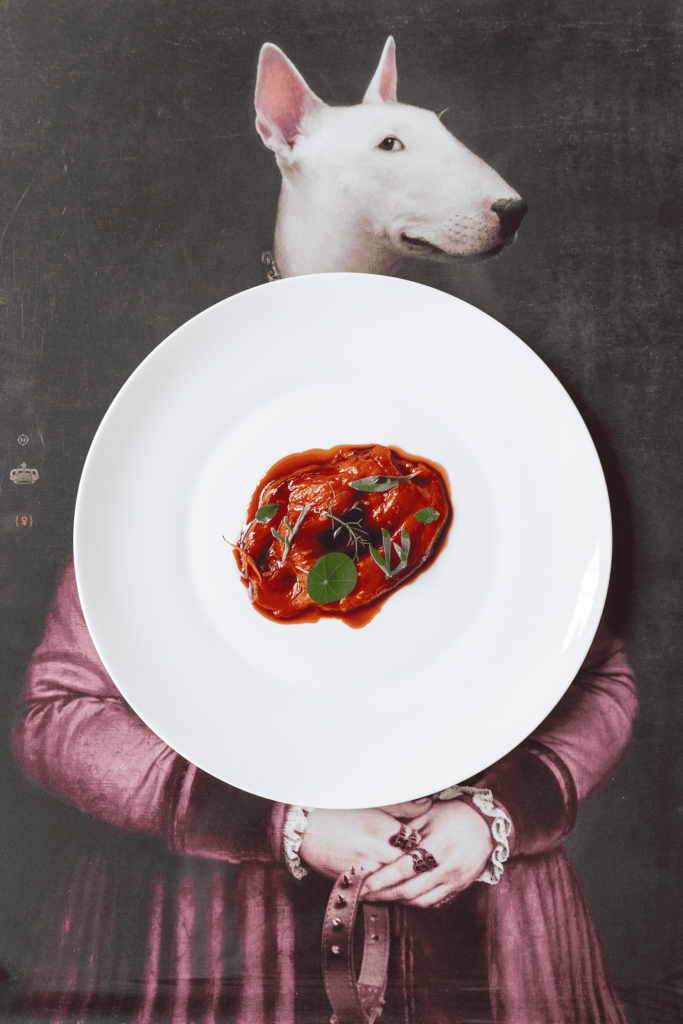
CHANGING THE SUBJECT COMPLETELY, GIVEN YOUR PERSONAL AND PROFESSIONAL EXPERIENCES IN ABRUZZO, PIEMONTE AND PUGLIA, WHAT SENSORY MEMORIES COME TO MIND FOR EACH REGION?
A.Z: These three regions are very significant, and I will carry their memories with me wherever I go. Certainly, in Abruzzo, the cuisine is made by a mother, so it evokes important memories. It can include dishes like peppers, anchovies, meat, and homemade pasta.
In Piemonte, there are certain ingredients that I also find, such as peppers and anchovies, so it’s something I will carry with me because I adore these two ingredients, especially the meat, which is prepared with great technique in Piemonte. The concepts are completely different since one is a homecooked style in Abruzzo, and the other is a restaurant style in Piemonte. However, the aromas are similar.
As for Puglia, the first thing that comes to mind is definitely almonds, which I adore. And, as you know, I am crazy about sea urchins, olive oil, and all the wonderful plant-based and fruit ingredients that I greatly enjoy.
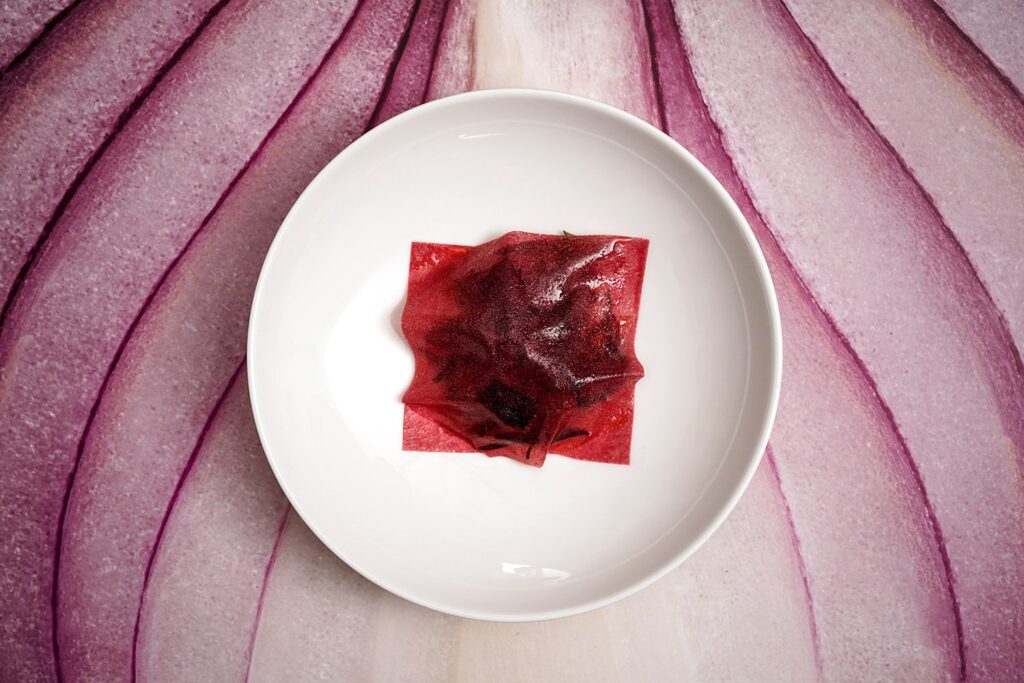
WHAT ARE THE MAIN CHALLENGES YOU HAVE FACED AND CONTINUE TO FACE ON A DAILY BASIS?
A.Z: For those who do this job, the biggest challenge is the strength and determination to never give up and always aim for the goal. It is also the challenge of always having new ideas for dishes.
HOW DO YOU SELECT YOUR INGREDIENTS AND ESTABLISH RELATIONSHIPS WITH SUPPLIERS?
A.Z: Another great question, and a very difficult one. First of all, I fall in love with their products, and then I try to make them understand the importance of maintaining excellence and consistency in the product they bring me. It’s important for them to consistently provide me with the same quality, which can be very challenging to make them understand.
The future of food
HOW DO YOU CULTIVATE INSPIRATION AND FOSTER INNOVATION IN YOUR KITCHEN?
A.Z: There are no specific moments for inspiration. I really love art and colors, so I try to draw as much inspiration as possible from them. T h e f u n d amental thing is the seasonality of the ingredients, and that’s what guides us.
CHEF FERRAN ADRIÀ HAS PLAYED A SIGNIFICANT ROLE IN THE RISE OF MOLECULAR CUISINE. DO YOU ENVISION MOLECULAR CUISINE AS THE FUTURE?
A.Z: Great question. Absolutely, Chef Ferran Adrià has been very important for all of us. He is undoubtedly the chef of the century and remains my idol. However, I believe that the true luxury of the future lies in the search for highquality ingredients, perhaps even niche products.
HOW DO YOU WORK WITH MOLECULAR CUISINE, AND WOULD YOU SAY IT IS THE SECRET TO YOUR MAGICAL DISHES?
A.Z: Molecular cuisine is a mental balance of taste and the choice of raw materials that creates the magic—a fundamental technique for those of us in our line of work, but we must never lose sight of the goal. The goal is the taste; cuisine is something that should excite you when you eat it, and it should bring back essential memories. THAT IS THE WINNING CARD.
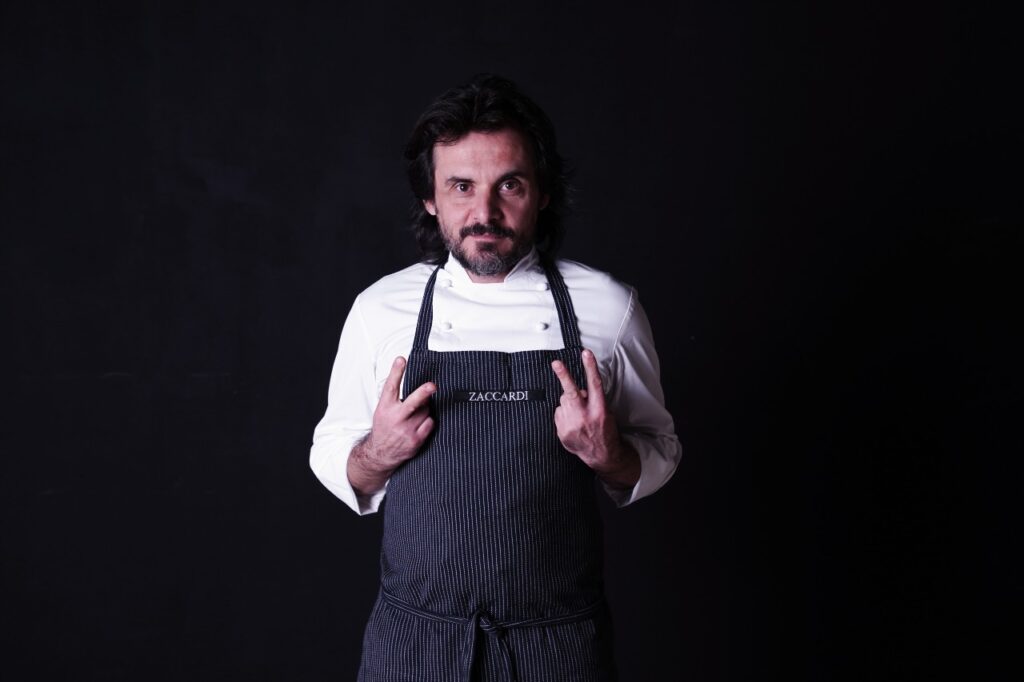
CAN MOLECULAR AND TRADITIONAL CUISINE CO-EXIST?
A.Z: Molecular cuisine, in my opinion, is not a style of cuisine, but rather a set of fundamental techniques. On the other hand, traditional cuisine is what connects us to our roots, memories, and emotions. So, it is crucial to understand both the technique and, even more importantly, our culinary traditions.

